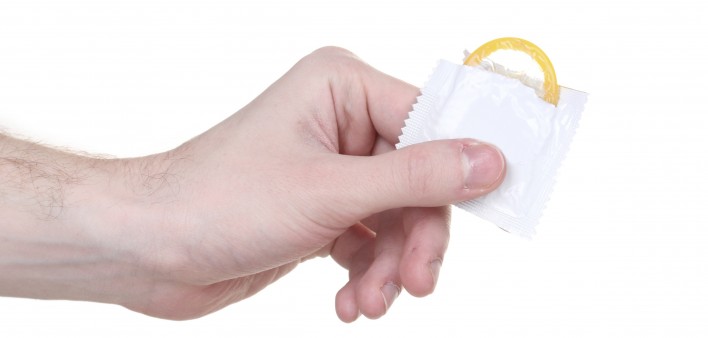It seems when we’re speaking of HIV awareness, the message is often targeted to young people. Yes, they are at risk, but they’re not the only population who should be mindful of their sexual practice. I believe that HIV awareness efforts should spotlight a group that is often left out: the senior population. That’s why I want to recognize the upcoming National HIV/AIDS and Aging Awareness Day, held Sunday, September 18. But I would like to look at it through a specific lens.
When I say seniors, I’m talking about those who are 60 and up. Nowadays it’s an insult to call someone 60 a senior as many today are very active and don’t fit the traditional role. Yet, based on the definition provided by the Department of Aging, 60 is now the signifier that someone is recognized as a senior. Whether one doesn’t agree they are a senior, it’s clear that conversation is not directed to the population when it comes to HIV.
Working in the senior field, I’m often astonished at the men and women who will readily state that because of their age, they no longer have to fear HIV. It’s as if their age now exempts them from any risk. After a recent visit from a clinician from the Department of Health, who shared tips on condom usage, many were dismissive as they felt it didn’t include them.
This is a sad reality and a double edge sword as you have those in the senior population who have notions they are impervious to getting any sexually transmitted infection (STI), including HIV/AIDS. And adding to the difficulty in reaching this group is the fact that, because many don’t want to adopt the term ‘senior,’ any message directed to them about safe sex is ignored because they don’t relate to any senior messaging despite them being one.
Another shocking fact, to those younger and reading this post, is that seniors are indeed having sex. And based on the conversations I hear from seniors, they may be having it more than their younger counterparts. As one senior stated to me, even those in retirement homes, “Do you think we play Bingo all day!” Yet again, seniors feel they have no fear based on false assumptions of their risk level.
According to the CDC, in 2012, people ages 55 and older accounted for about one-quarter (24%, 288,700) of the estimated 1.2 million people living with HIV in the United States. And it’s rising. Why? Look at any poster or articles discussing HIV. When was the last time you saw someone who even resembled a senior?
Unfortunately, this silent treatment is shared by medical providers as they often fail, during a routine screening, to ask whether a senior is having sex and then assess their risk level. Because of this, seniors are less likely to know their status and more likely to start treatment much later, once their status is known.
We all should be talking to the seniors about HIV. I would even go out on a limb and ask, When was the last time you discussed with a senior in your life whether he or she is practicing safe sex. Yes, I know that asking your single grandmothers or grandfathers if they use condoms sounds ludicrous—but is it really? Especially if it will help keep them protected from getting any STI.
So as we look at this upcoming HIV awareness day, let’s not only look at seniors but let’s also start talking to them. Let’s talk to them about their sexual lives. Let’s discuss if they are aware of how they are still impacted by HIV. Let’s see if they are aware of how to obtain safety tools like condoms or dental dams. Are they aware of PrEP? Do they know that it’s one of several safe sex options they can start using? Would they know how to ask for it?
If you care about the seniors in your life, you will find a way to have this important conversation. If anything, use HIV awareness days as a start of an important conversation. After all, how can anyone change any habits, if they’re not…….aware?








4 Comments
4 Comments